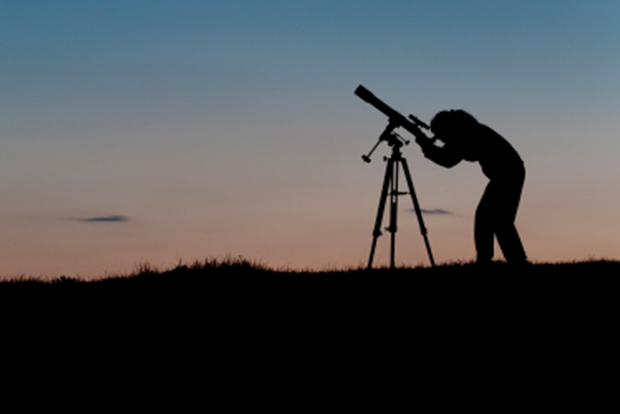Begin typing your search...
City’s skywatchers prepare for Mercury transit
Astronomy buffs in Chennai are excited about a rare celestial event on Monday, in which the planet Mercury will cross the face of the Sun.

Chennai
On May 9, people will have an opportunity to witness Mercury crossing the sun’s face, a phenomenon that will be visible from 4.40 pm onwards. In a rare occurrence, Mercury will be seen as a small black dot moving across the face of the Sun.
Experts say, when compared to Venus, transits of Mercury with respect to Earth are more frequent as it is closer to the Sun and orbits it more rapidly. This event is known to occur in the months of May or November. The last three transits took place in 1999, 2003 and 2006. The next transit is said to be on Nov 11, 2019 but it will not be visible from India. People will have to wait till Nov 13, 2032 here to spot it.
Prabakaran A is an Astronomy Educator at Space Technology and Education (P) Ltd, an organization working towards development of science and astronomy in India. He says, “Full transit will begin at around 4.43 pm where Mercury is fully within the Sun’s edge. People will have to watch out for the black drop effect, an optical illusion seemingly connecting Mercury’s disc to the Sun’s edge.”
At around 6.24 pm, Mercury will be nearest to the Sun’s center. “Mercury is closest to the center of the Sun as seen from Chennai. Since the Sun is near the horizon at this time, we recommend going to a high point or finding an unobstructed area with free sight to West-northwest for the best view of the transit,” he explains, adding that people must not watch it with the naked eye or unprotected X-ray films.
As Mercury is only 1/158 of the Sun’s apparent diameter, a telescope with a magnification of 50x or more is recommended to watch this event. The visual equipment used should be similar to those for observing sunspots and partial solar eclipses, Prabakaran says. Observers in most parts of the world will be able to see the May 9 event. Only people in East Asia, Japan, Indonesia, Australia and New Zealand will be shut out — and even they can still watch it online, as several different webcasts will cover the transit.
Chennai Astronomy Club that brings together astronomy and science lovers together will upload the video of the transit. Sivasubramanyam, a member of the club says, “I will be using a telescope to watch the transition and simultaneously record it. The broadcast link will be put up on chennaiastronomyclub.org on Monday.”
Visit news.dtnext.in to explore our interactive epaper!
Download the DT Next app for more exciting features!
Click here for iOS
Click here for Android
Next Story



